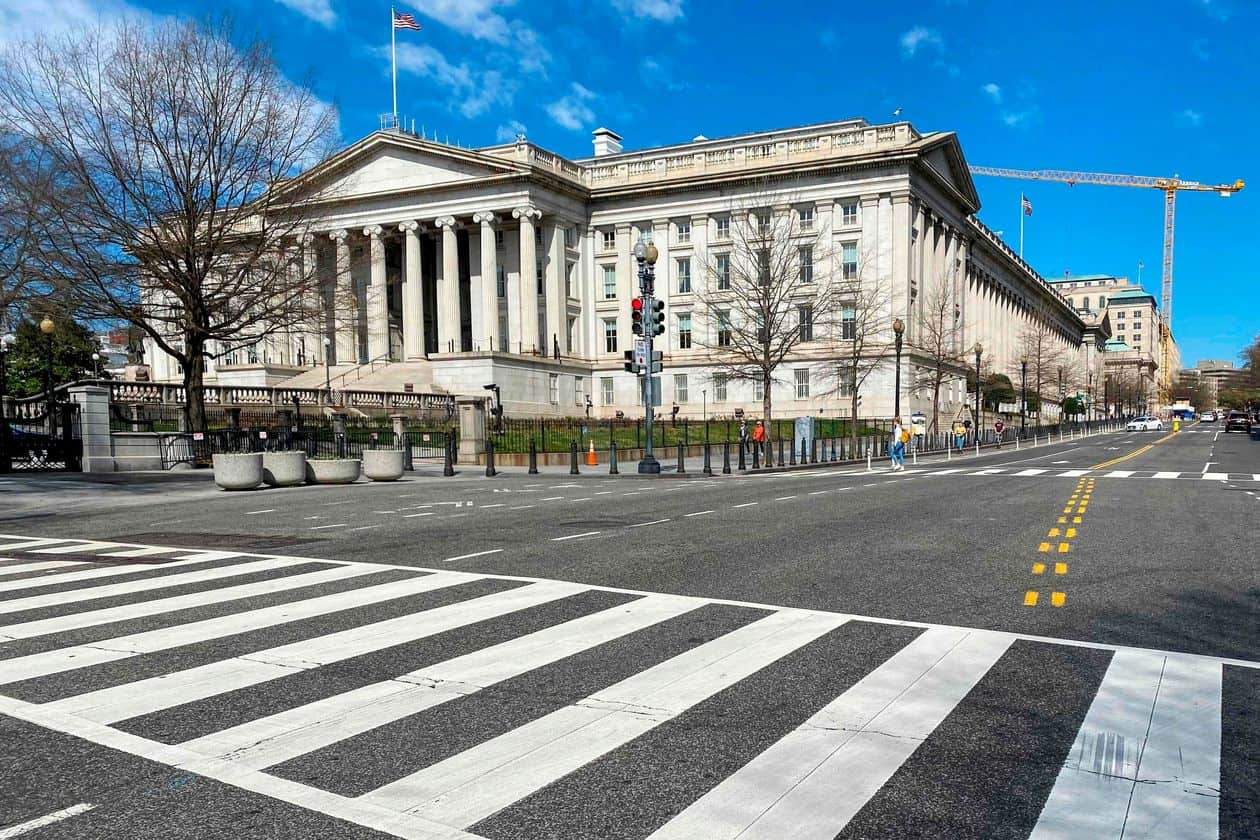Suspected Russian Hack Said to Have Gone Undetected for Months

A suspected Russian hack of U.S. government agencies and private businesses across the globe festered for months, going largely undetected by the Trump administration and cybersecurity firms until the past week, according to people familiar with the matter.
The Russian operation was disclosed Sunday and was met with alarm by current and former intelligence officials, security experts and lawmakers, some of whom said they were stunned an apparently widespread attack appeared to have evaded recognition for so long.
As early as March of this year, customers of SolarWinds Inc., a U.S. network-management company, began unwittingly installing malicious software as part of a routine and seemingly benign update issued for a software product known as Orion, according to the company.
That update, which would have been especially difficult to identify as a threat, contained what investigators called a back door that could have granted easy access to nearly 18,000 entities that downloaded it. Investigators expect the number of fully compromised victims to be smaller, perhaps totaling hundreds.
Both the U.S. Commerce and Treasury departments had some of their systems compromised in the breach, according to officials and people familiar with the continuing investigation.
On Monday the list of known impacted agencies grew substantially. The Department of Homeland Security, the National Institutes of Health and the State Department were all hacked as well, people familiar with the matter said.
All three agencies declined to comment about their breaches. The Washington Post first reported the intrusions at the NIH and the State Department late Monday.
The hacks identified so far appear to be a fraction of the total number of federal and private networks that were compromised by Russian spies intent on monitoring internal communications.
Photo: The Treasury Department was among the agencies believed to have been compromised in the breach. - ERIC BARADAT/AGENCE FRANCE-PRESSE/GETTY IMAGES
Link: https://www.wsj.com/articles/suspected-russian-hack-said-to-have-gone-undetected-for-months-11607974376




